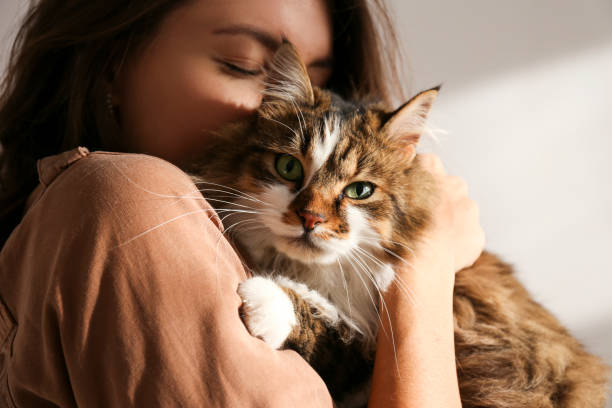Clearing the Air: Respiratory Health Dangers of Cat Litter Boxes
Clearing the Air: Respiratory Health Dangers of Cat Litter Boxes
Blog Article

Cat owners are no strangers to the day-to-day task of scooping out their furry pal's litter box. It's a routine job that's frequently ignored, yet important for keeping a clean and healthy environment for both felines and their human companions. Nevertheless, what many animal owners might not recognize is that there are surprise health dangers associated with the litter box that can present threats to both people and felines alike. From respiratory problems to parasitic infections, the litter box can harbor a range of risks that need mindful attention and management.
One of the most common health threats associated with the litter box is respiratory concerns. Cat litter, especially clay-based varieties, can include great dust particles that become airborne when disrupted throughout scooping or when cats dig in the litter. These dust particles can be inhaled by both cats and human beings, causing respiratory irritation and worsening conditions such as asthma or allergic reactions. In some cases, prolonged direct exposure to litter dust can even trigger more extreme respiratory problems in both cats and their owners.
To lessen breathing threats, it's important to select low-dust or dust-free litter choices and to scoop the litter box in a well-ventilated location. Using a dust mask while cleaning up the litter box can likewise help in reducing exposure to airborne particles, especially for people with breathing level of sensitivities.
Another substantial health threat associated with the litter box is the potential for parasitic infections, particularly from Toxoplasma gondii, a common parasite found in cat feces. While many healthy individuals may not experience symptoms if infected, pregnant ladies and individuals with weakened immune systems are at higher risk of developing severe complications, including birth defects and neurological disorders.
To reduce the risk of parasitic infections, pregnant women need to prevent cleaning up the litter box completely and entrust this job to another home member. Furthermore, all individuals should practice good health routines, consisting of washing hands thoroughly after handling the litter box or coming into contact with feline feces, to minimize the danger of transmission.
Many commercial feline litters consist of chemicals and ingredients that can position health risks to both felines and people. For example, some scented litters may consist of scents or important oils that can irritate sensitive breathing systems or set off allergic reactions. Additionally, clumping litters typically include sodium bentonite, a clay product that can broaden when ingested, leading to intestinal obstructions if consumed by felines.
To reduce chemical exposure, select odorless or naturally-scented litters made from naturally degradable materials such as paper, wood, or plant-based options. These eco-friendly alternatives are not only much safer for your feline's health but also cat litter box much better for the environment.
The litter box environment provides an ideal breeding place for germs, including possibly damaging pathogens such as E. coli and Salmonella. These bacteria can infect the litter box and surrounding areas, increasing the threat of infection for both cats and human beings. Cats can contract bacterial infections through direct contact with polluted litter or by consuming fecal matter throughout grooming, while human beings can become contaminated through contact with contaminated surfaces or poorly washed hands.
To minimize the threat of bacterial contamination, it's important to clean up the litter box regularly utilizing warm water and mild detergent, along with to disinfect the surrounding area to avoid the spread of germs. Furthermore, practicing great hand health, consisting of washing hands thoroughly after cat litter box self cleaning dealing with the litter box or entering into contact with cat feces, can help decrease the risk of bacterial transmission.
While the litter box may appear like an ordinary aspect of cat ownership, it's vital to recognize the potential health dangers related to this seemingly innocuous component. From breathing concerns automatic cat litter box to parasitic infections and bacterial contamination, the litter box can harbor a variety of risks that need mindful attention and management. By taking proactive procedures to minimize exposure to these dangers, feline owners can develop a safer and much healthier environment for both their feline buddies and themselves.